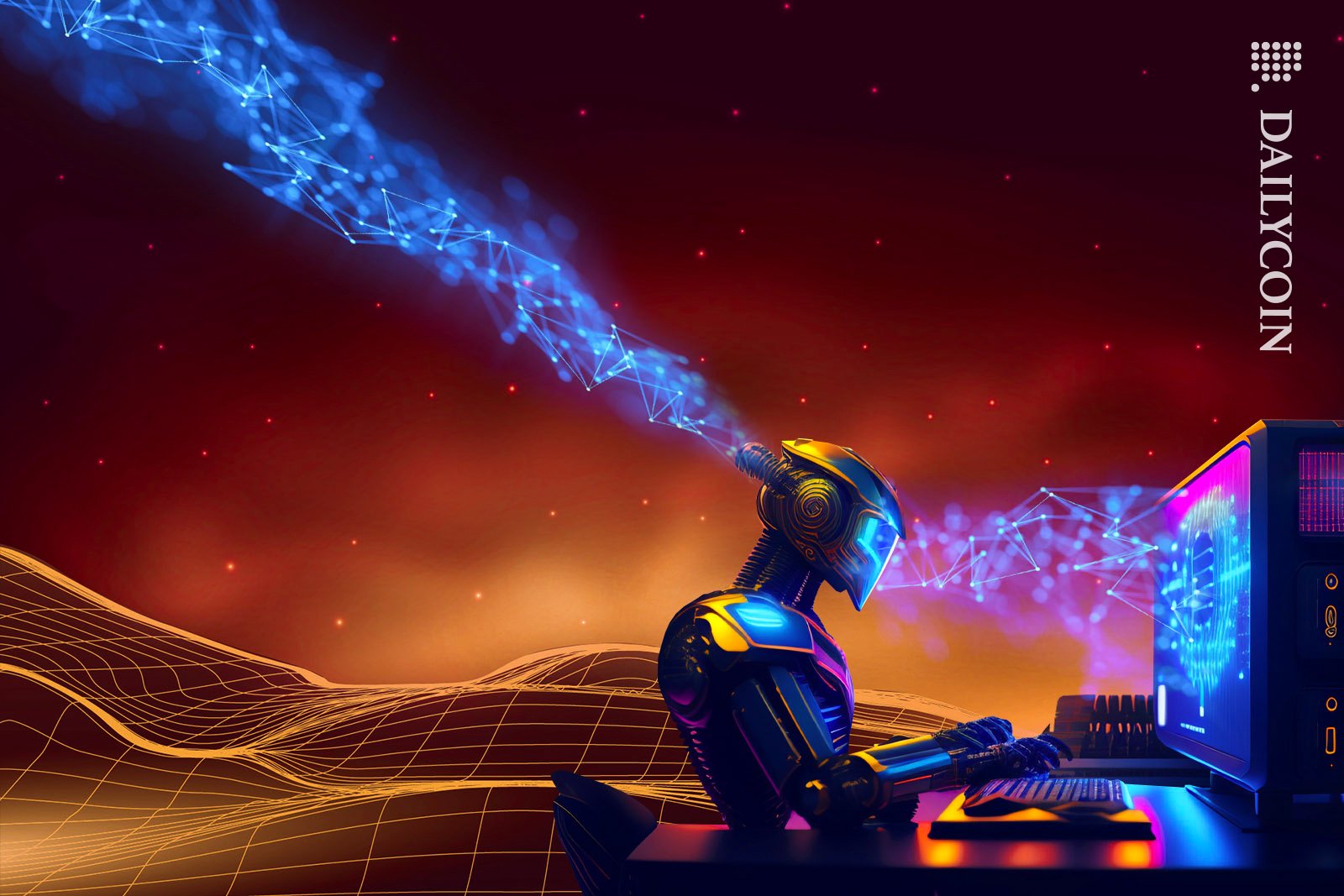
- Venture capital is betting on AI to transform the gaming industry.
- Telescope Labs uses AI for Web3 gaming analytics.
- Game economies make the gaming experience more immersive.
AI has long been a part of the gaming industry, primarily used to improve computer-controlled opponents and create dynamic experiences. However, its role is evolving and becoming more significant with the emergence of Web3 gaming.
Companies like Telescope Labs are leading the charge, leveraging AI to reshape the landscape of Web3 gaming.
Telescope Labs Leverages AI for Gaming
On Wednesday, July 5, Telescope Labs announced the release of its comprehensive AI-powered solution suite for Web3 gaming. The product suite helps empower gaming companies to achieve sustainable virtual economies.
Sponsored
In-game economies refer to resource management systems within a game, including the acquisition and expenditure of resources, often in the form of in-game currency or items. This is particularly significant in Web3 gaming, where in-game economies are crucial to the experience.
Telescope Labs’ AI-powered solutions can analyze and predict trends within these in-game economies, providing valuable insights to game developers. This can help developers design more balanced and engaging games.
Building Web3 Gaming Economies with AI
“Harnessing the power of AI enables us to unlock invaluable insights that will drive the future of game development and support developers in creating immersive and engaging experiences,” Semih Gilan, CEO and Co-founder of Telescope Labs, explained.
Sponsored
Telescope Labs received a $2 million investment from venture firms Griffin Gaming Partners and Kube VC for its vision. Phil Sanderson, Managing Director and Co-founder of Griffin Gaming Partners, explained why they believe gaming economics is key.
“Just like real-world economies, in-game economies must be balanced: if the inflow and outflow of in-game resources aren’t carefully managed, it could lead to hyperinflation or deflation, disrupting the game experience and causing dissatisfaction among players, possibly leading to real-world economic consequences,” Sanderson explained.
On the Flipside
- While AI may help developers build better games, it can still not replace the roles of developers and designers.
- Despite billions in investment, the Web3 gaming industry has still not achieved widespread adoption.
Why This Matters
As the gaming industry continues to intersect with blockchain technology, the potential for new investment opportunities increases.
Read more about the latest news in Web3 gaming:
Mythical Games May Raise $50 Million to Bring Web3 to Gamers
Read more about BlackRock’s venture into Bitcoin:
Formerly Skeptical BlackRock CEO Touts Bitcoin as ‘Digital Gold’
